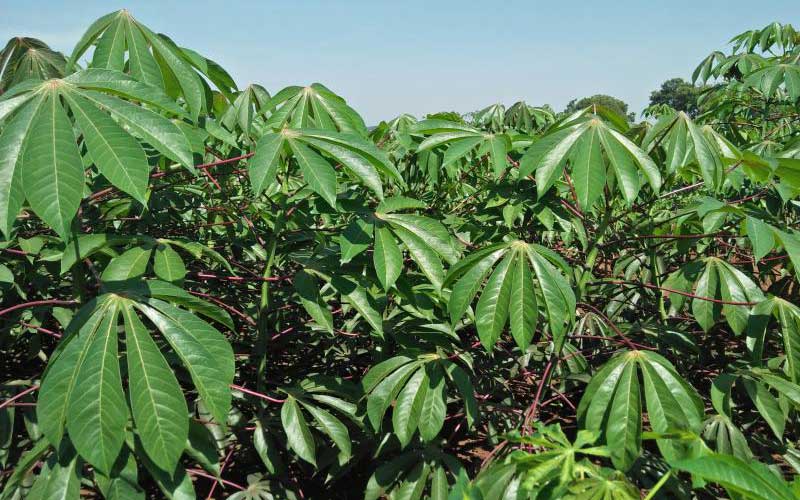×
The Standard e-Paper
Smart Minds Choose Us

Genetically modified (GMO) cassava in at the Kenya Agricultural Livestock and Research Organization (Kalro) farm in Alupe, Teso South Constituency, Busia County. [Ignatius Odanga, Standard]
Cassava farmers in Busia County are optimistic that the plan by the Kenya Agricultural Research Institute (Kalro) to introduce a genetically modified variety will be endorsed by the general public.